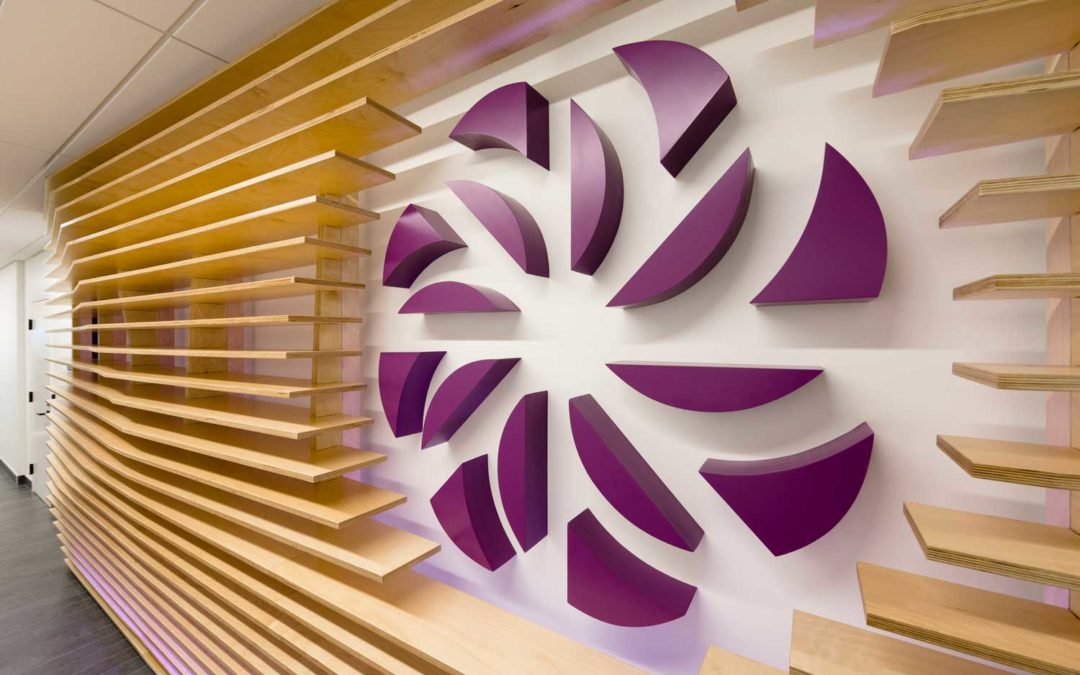Under Section 7(b)(2) of The Small Business Act, the United States Small Business Administration (the “SBA”) is authorized to extend loans to small businesses, private non-profit organizations, and small agricultural cooperatives in an area affected by a disaster which causes substantial economic injury. These economic injury loans are intended to provide small businesses, non-profits, and small agricultural cooperatives the funds necessary to operate while an area is recovering from a natural disaster, such as a hurricane or flood. These loans can be extended directly by the SBA or in cooperation with banks or other financial institutions.
On March 6, 2020, President Trump signed into law the Coronavirus Preparedness and Response Supplemental Appropriations Act, 2020 which declares the coronavirus outbreak to be a disaster permitting the SBA to extend loans under Section 7(b)(2) of The Small Business Act. In response, the governors of Nebraska, Iowa, and many other states have qualified with the SBA so that their residents may apply directly to the SBA for these loans. The list of qualifying states can be accessed on the SBA’s website, sba.gov/funding-programs/disaster-assistance. In addition, applications for these loans can be made at this site. To apply, an applicant will generally need to provide a completed IRS Form 4506-T which allows the SBA to obtain the applicant’s tax returns from the IRS, a personal financial statement (SBA Form 413), and a schedule of liabilities (SBA Form 2202). Form 4506-T can be accessed at IRS.gov, and these SBA forms can be accessed at SBA.gov.
The SBA has indicated that these loans may be used to pay fixed debts (such as rent), payroll, accounts payable, and other bills that cannot be paid due to the effects of coronavirus. The maximum amount of these loans is $2,000,000 and they may have a term of up to 30 years. The repayment terms are determined on a case by case basis based on the borrower’s ability to pay. For small businesses and agricultural cooperatives, the interest rate is fixed at 3.75%. For non-profits, the interest rate is fixed at 2.75%.
A potential disadvantage of obtaining an economic injury loan under Section 7(b)(2) of The Small Business Act now is that it could exclude the borrower from obtaining other government grants or loan forgiveness programs that may be passed in connection with governmental coronavirus relief efforts. It is very possible that Congress will enact additional loan programs, grants, or loan forgiveness policies or programs that have more favorable terms that exclude those who have obtained a Section 7(b)(2) loan. Congress is currently considering additional legislation that may result in further economic assistance addressing the coronavirus outbreak and its impact on businesses. Reports indicate that one feature of the legislation being considered is that those who have obtained an economic injury loan under Section 7(b)(2) of The Small Business Act are ineligible to apply for any new economic assistance programs that are passed under the new legislation being considered. Consequently, the best course of action may be to wait as long as possible to know what options are available before determining which program is best for a particular business. Dvorak Law Group will continue to monitor developments with respect to legislation that is enacted.
The Banking and Finance attorneys at Dvorak Law Group have the knowledge and experience to efficiently assist our clients with financing needs. Please contact Dvorak Law Group for specific questions and recommendations regarding how SBA loans may assist your business.
Read other articles related to COVID-19 here.
Message from our President on COVID-19
COVID-19 and Issues to Consider


Recent Comments